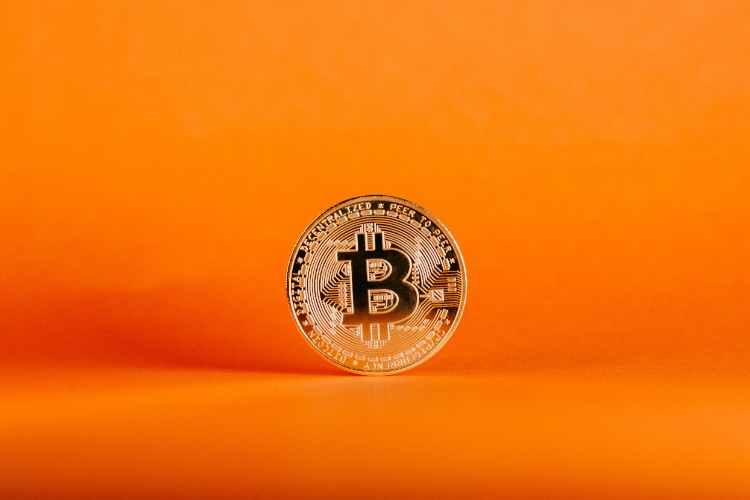Welcome to another edition of Crypto NFT Today! The past two weeks have been full of must-know events that will be defining points for the future of blockchain, cryptocurrency, and NFTs.
With JPMorgan debuting the Tokenized Collateral Network, the Hamas-Israel conflicts dropping crypto markets, new predictions showing future surges in Ethereum values, and more, there’s lots of essential news you should know about. So, let’s dive in and see what’s happening!
JPMorgan Debuts the Tokenized Collateral Network
On Oct. 11, the prominent U.S. banking institution JPMorgan debuted its internally developed blockchain-based application, the Tokenized Collateral Network (TCN).
The TCN application allows investors to leverage their assets as collateral. Utilizing blockchain technology, investors can transfer ownership of collateral without physically relocating in the underlying ledgers. The TCN makes transactions faster, highly efficient, and more secure.
Tyrone Lobban, Head of Onyx Digital Assets at JPMorgan, explained how the TCN benefits clients in a statement: “Now with the launch of TCN, clients can benefit from additional utility from their MMF investments by posting tokenized MMF shares as collateral – a faster, more cost-effective way of meeting margin requirements.”

Hamas-Israel Conflicts Dropping Crypto Markets
The escalating conflicts between Israel and Hamas have raised worries about a possible short-term decrease in the value of high-risk cryptocurrencies such as Bitcoin.
Many experts pointed out that growing geopolitical uncertainty tends to push investors towards safer assets and away from riskier ones. This pattern was also seen at the start of Russia’s invasion of Ukraine in 2022 and is coming back into view.
On Oct. 9, Bitcoin experienced a 2% decline, mirroring drops in the stock market, while oil prices surged due to concerns that the Middle East unrest might expand and disrupt global trade. Within a day, crypto futures worth over $100 million were liquidated.

New Predictions Show Future Surges in Ethereum Value
Standard Chartered Bank has made a promising prediction for the future value of Ether. Geoffrey Kendrick, the head of the forex and crypto research at Standard Chartered Bank, has stated that Ether, the native cryptocurrency of the Ethereum blockchain, has the potential to reach $8,000 by the end of 2026.
“We believe Ethereum’s strong presence in the smart contract field, coupled with its increasing use in gaming and tokenization, could propel ETH to $8,000 by the close of 2026,” Kendrick said. This projection would be a fivefold increase.
The $8,000 price for Ether is the initial milestone toward the bank’s more extended valuation ranging from $26,000 to $35,000. The long-term value will depend on the evolution of Ethereum’s applications and revenue streams, some of which might not have emerged yet.

Cryptocurrency Legislation Put on the Back Burner in the US
Cryptocurrency legislation in the U.S. has been bumpy with uncertainties. Many legal experts and industry observers are increasingly concerned about how these delays will impact cryptocurrency exchange in the country.
Ron Hammond, representing the Blockchain Association, explained which challenges have prohibited progress. The international conflicts and internal disputes within Congress caused this delay.
1) This week in Congress and crypto: Between Israel, a shutdown slated for Nov 17 and the hectic speaker's race, Congress is in an unprecedented time. Everything else (including crypto legislation) is on the backburner. These issues will affect crypto policy so here's the latest:
— Ron Hammond (@RonwHammond) October 10, 2023
Binance Will Soon Stop BUSD Lending
On Oct. 3, the cryptocurrency exchange Binance announced the discontinuation of borrowing and lending services for its native stablecoin, Binance USD (BUSD), by Oct. 25.
As per the announcement, the exchange will close all existing BUSD loan and collateral positions by the end of this month. Users will still have the option to engage in borrowing and lending activities on Binance using stablecoins such as Tether (USDT), Dai, TrueUSD (TUSD), and USD Coin (USDC). Users can now earn an estimated annual percentage yield of 3% by lending their BUSD on Binance.
Before the termination notice, BUSD was among the largest stablecoins, reaching a peak market capitalization of $23 billion in Nov. 2022. However, it’s declined to $2.23 billion.












